It took place on Monday 17 June and Tuesday 18 June – the first Community Summit. More than 120 interested people from the large FAIRagro community came to Berlin-Mitte to learn about the FAIRagro consortium and the progress made last year and this year, to get to know the FAIRagro services and to exchange ideas about optimal research data management in the context of agrosystems research – and to get to know the members of the newly elected Community Advisory Board (CAB).
We are overwhelmed by the great interest and grateful for the many interesting discussions and valuable suggestions – thank you to everyone involved!
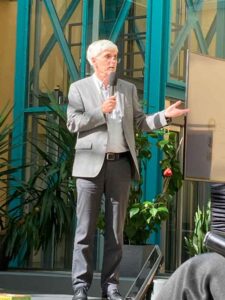
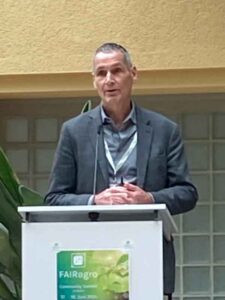
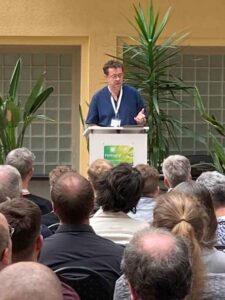
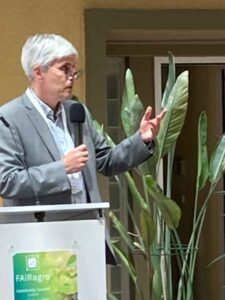
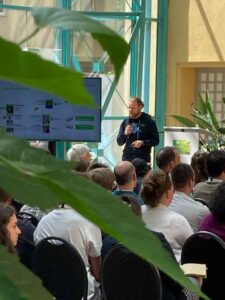
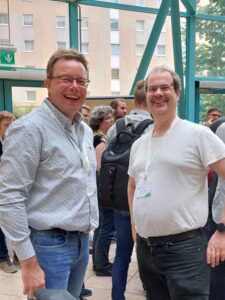
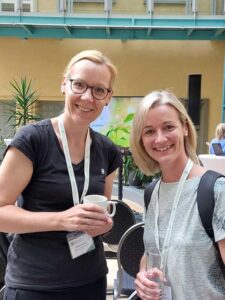
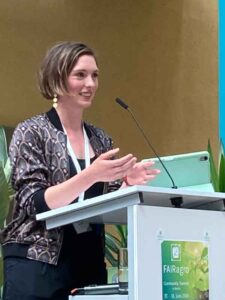
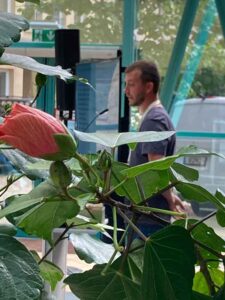
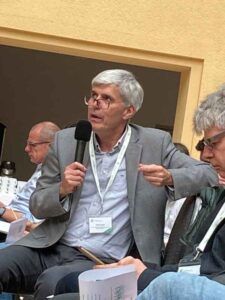
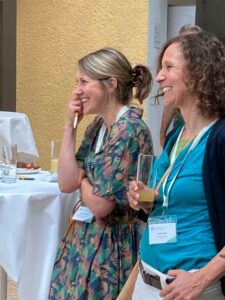
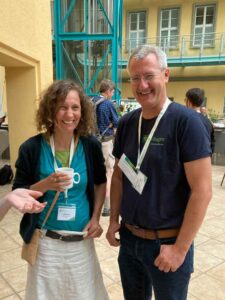
After an introduction and the presentation of the Community Advisory Board (CAB), Monday was all about FAIRagro community services: the first part was dedicated to the Data Steward Service Centre (DSSC) and its helpdesk, followed by an overview of the various approaches to the training courses offered in connection with research data management and finally an insight into the developments and current status of the six FAIRagro use cases. By the way: the call for potential new use cases has been open until 4 July, results will be published in September.
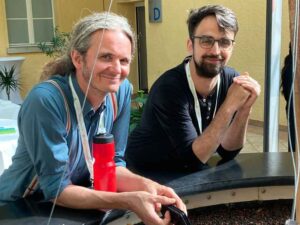
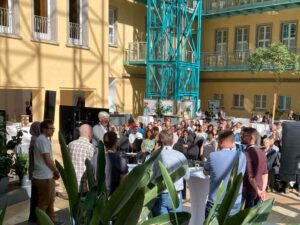
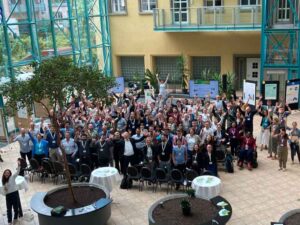
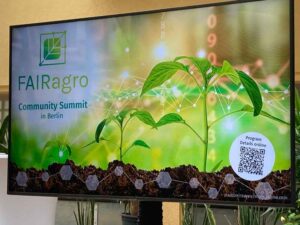
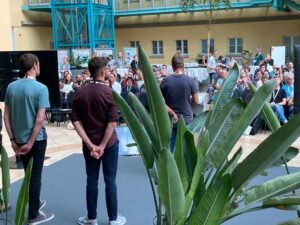
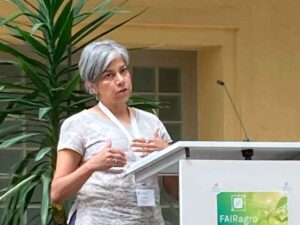
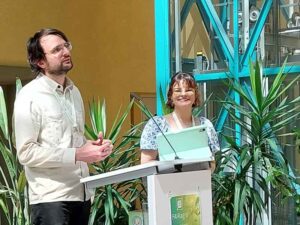
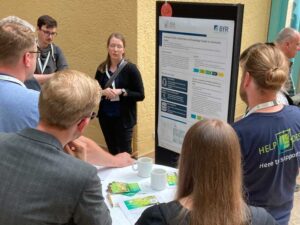
After a coffee break, there were intensive insights into the “engine room” of FAIRagro: four exciting presentations followed by poster sessions on the current status of developments in the areas of middleware, metadata standards, data quality and infrastructure (SciWIn), followed by lively discussions.
After a panel discussion with FAIRagro spokesperson Dr Frank Ewert on the future developments of our consortium and its integration into national and international infrastructures with lively participation from the auditorium, the first day of the FAIRagro Community Summit drew to a close in a relaxed atmosphere.
Finally, on Tuesday, four exciting (and well-attended) side events were offered in order to discuss some of the content presented in greater depth – the topics: our use cases and the use case call, legal and ethical stumbling blocks in agrosystems research, the networking of the FAIRagro helpdesk and data stewards, and the efforts towards international harmonisation of research data management in agrosystems research.
We can look back on two eventful and insightful days and are delighted with the many interested parties and the valuable input from the FAIRagro community. If you would like to read more about the programme items and what exactly was discussed, you can do so here.
The presentations and summaries of the programme items are available here.

